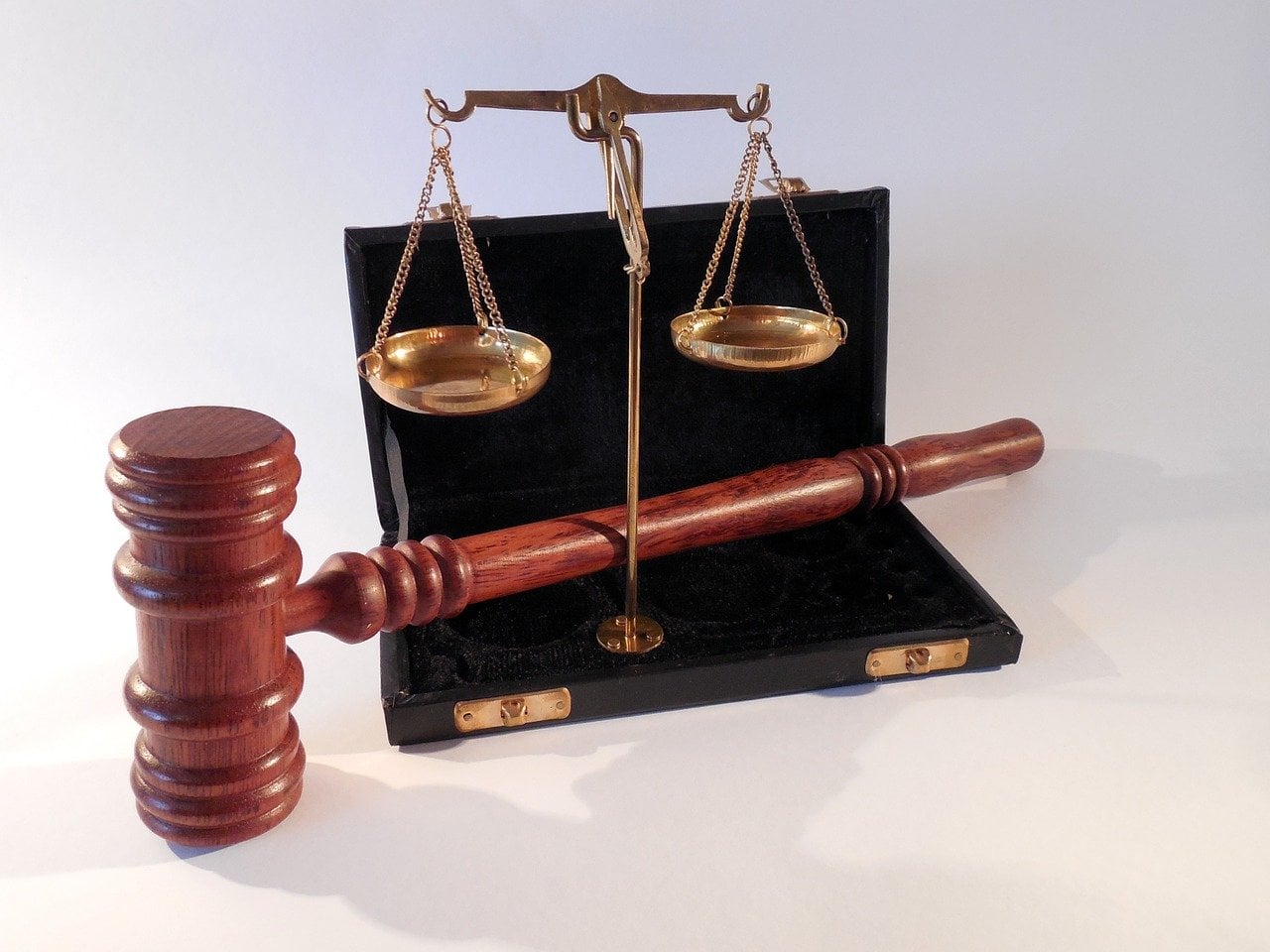Vindman’s KKK Law Suit May Be Flawed; It’s Overreaching and Raises Free Speech Issues
[soros]Q4 2021 hedge fund letters, conferences and more
Vindman’s Lawsuit
WASHINGTON , D.C. (February 2, 2022) – Lt. Col. Alexander Vindman, the whistleblower whose testimony led to the first impeachment of then-president Donald Trump, has sued his son Donald Trump, Jr., his lawyer Rudolph Giuliani, and two others under what is known as the Ku Klux Klan Act for seeking to intimidate him as a witness.
But the lawsuit would face at least two major hurtles, says public interest law professor John Banzhaf, who has put together and won many law suits which went well beyond the boundaries of existing law.
The first hurtle is that it may be too much of a reach to make what would seemingly be a simple defamation (libel and/or slander) lawsuit, which could be tried in a state court, into a federal law suit under a statute designed to make non-governmental defendants liable. but for a very narrow range of highly wrongful conduct, suggests Banzhaf.
Federal judges do not take kindly when plaintiffs “try to make a federal case” out of something which traditionally could and should be tried in state courts, says the law professor. This statute is designed to protect against intimidating a witness – e.g., by blackmail, direct threats of harm, abduction, etc. – and not just against making, or encouraging others to make, disparaging statements about a potential witness.
The latter conduct occurs so frequently – e.g. disparaging statements made about nominees for public office – that it even has a name: “opposition research.”
Moreover, statements made by the defendants themselves, which may have later induced unknown third parties to actually threaten violence, are not actionable by themselves since otherwise – in a variant of what is known as the “hecklers’ veto” – citizens would be deterred from making any statements critical of people in public office, or being considered for public office, who are testifying for fear of being sued for “intimidating” them.
Concerted Campaign Of Unlawful Intimidation
The second major hurtle is that much of the conduct complained about would not be actionable (tortious) at all in any U.S. court since it is only a characterizations of undisputed acts taken by Vindman; or, to the extent that the speech is seen as truly defamatory (a false and derogatory factual-type statement), it would be constitutionally protected by the New York Times v. Sullivan case and/or the case of Brandenburg v. Ohio.
Vindman’s complaint is about what his lawyers call a “concerted campaign of unlawful intimidation” by making, and encouraging others to make, highly disparaging statements about him with the intent of discouraging him from testifying.
Some of the statements which form the basis of the law suit – that Vindman was “disloyal” and “insubordinate” – seem to be nothing more than characterizations of his decision to testify against his ultimate superior, Trump. Mere characterization of events which admittedly occurred (e.g., he did testify) do not constitute actionable defamation.
And to the extent that some statements are false statements regarding matters capable of being proven true or false, they are made about someone who was and remains a “public figure.” In such situations, Vindman would have to prove, under New York Times v. Sullivan, that the statements were made with “actual malice”: knowledge by the defendants that they were false, or reckless disregard of the truth. This would be very difficult.
Unlawful Threats Of Violence
Furthermore, to the extent that Vindman is complaining that defendants’ statements induced others to make unlawful threats of violence against the plaintiff and his family, such a claim would likely founder on the case of Brandenburg v. Ohio. That Supreme Court decision held that speech advocating and/or encouraging illegal conduct is protected under the First Amendment unless the speech is likely to incite “imminent lawless action.”
For these two reasons alone. when the defendants file a motion to dismiss the case because if fails to state a valid legal cause of action, the motion is likely to be granted.
In addition to dashing plaintiff’s hopes of winning, this would also deprive him of the right under pre-trial discovery to demand documents and testimony under oath from the defendants – what he may well have been seeking, both for its own sake, and because the threat of widespread disclosure of wrongful or even questionable conduct might help promote a monetary settlement, suggests Banzhaf.












